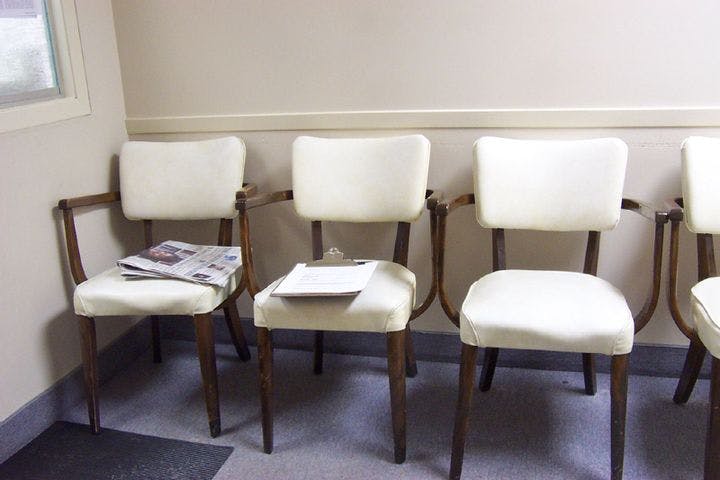Spring 2011
Who's Dying in Canada
– The Wilson Quarterly
Canada’s universal health care system is often cited as an example for the United States, but it is not without its limits.
Canada’s universal health care system is often cited as an example for the United States, but it is not without its limits. A new study finds that although ready access to health care in Canada helps to narrow the gap between haves and have-nots, Canada’s poor continue to have worse health than wealthier Canadians, say David A. Alter and three of his colleagues from the Institute for Clinical Evaluative Sciences in Ontario.
In their study of 15,000 patients in the province of Ontario from 1996 to 2008, people with low incomes were nearly three times as likely to die during the study. Poorer people also went to see a primary-care doctor far more often than those of greater means, an average of 62 times over the course of the study versus 47. The discrepancy, the authors say, arose not because poorer patients received inferior care or were seeking preventative care, but because of behavioral patterns that increased the likelihood of certain illnesses, such as heart disease. Low-income patients tended to smoke more, get less exercise, and have worse eating habits. They also were more likely to suffer from depression.
Alter and his coauthors believe that their findings “do not argue against universal health care,” but demonstrate that universal care alone does not completely close the gap between rich and poor. More aggressive measures, such as behavioral interventions early in life, are necessary to accomplish that.
* * *
The Source: "Lessons From Canada's Universal Care: Socially Disadvantaged Patients Use More Health Services, Still Have Poorer Health" by David A. Alter, Therese Stukel, Alice Chong, and David Henry, in Health Affairs, February 2011.
Photo courtesy of Flickr/Julep67
